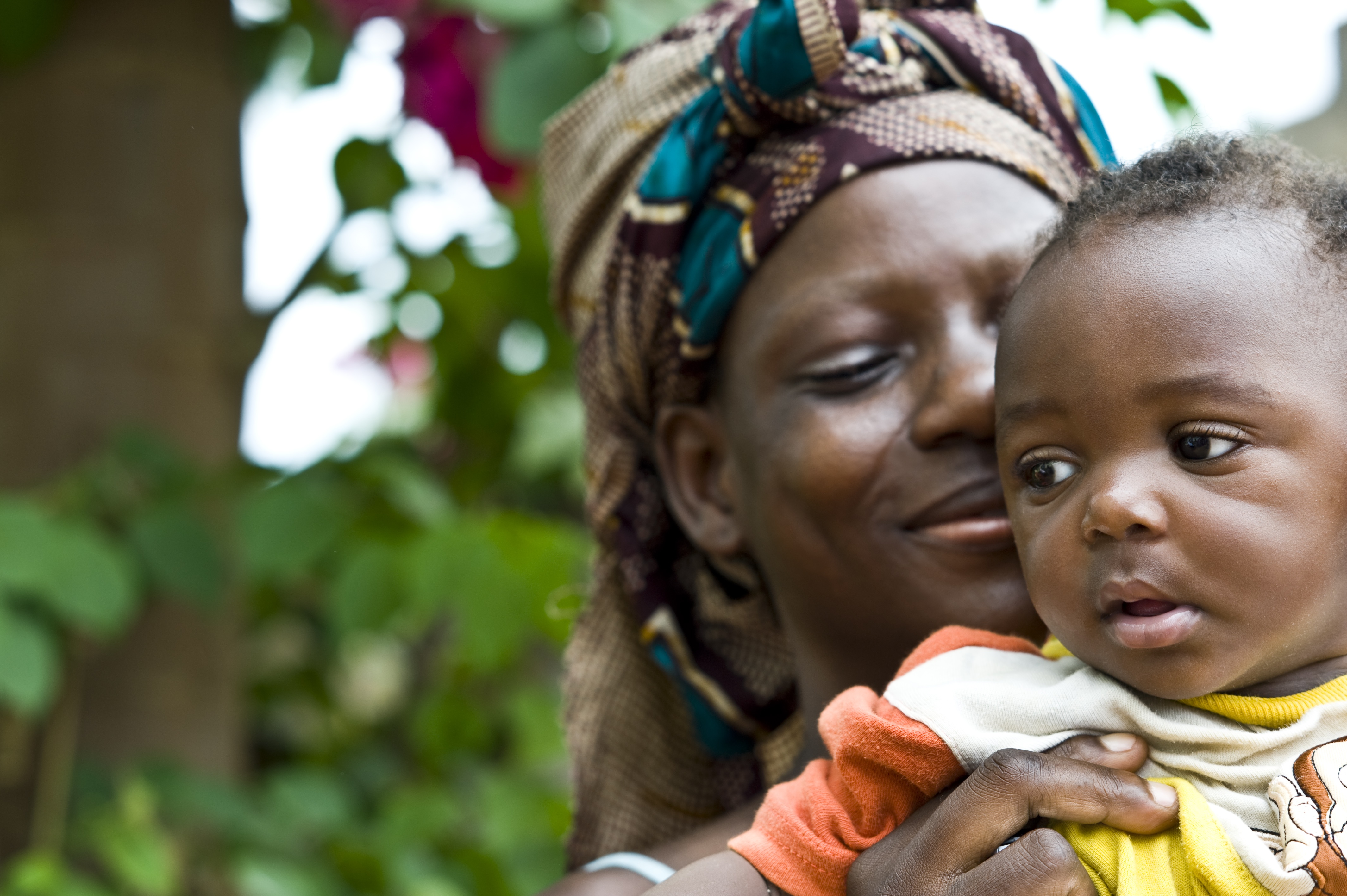
By Claire Niala for The Natural Child Project
I was born and grew up in Kenya & Cote d’Ivoire. Then from the age of fifteen I lived in the UK. However, I always knew that I wanted to raise my children (whenever I had them) at home in Kenya. And yes, I assumed I was going to have them. I am a modern African woman with two university degrees and I am a fourth generation working woman – but when it comes to children, I am typically African. The assumption remains that you are not complete without them; children are a blessing it would be crazy to avoid. Actually the question does not even arise.
I started my pregnancy in the UK. The urge to deliver at home was so strong that I sold my practice, setup a new business and moved house / country within five months of finding out I was pregnant. I did what most expectant mothers in the UK do – I read voraciously: Our Babies, Ourselves, Unconditional Parenting, anything by the Searses – the list goes on. (My grandmother later commented that babies don’t read books – and really all I needed to do was “read” my baby). Everything I read said that African babies cried less than European babies. I was intrigued as to why.
When I went home I observed. I looked out for mothers and babies and they were everywhere (though not very young African ones – those under six weeks were mainly at home). The first thing I noticed is that despite their ubiquitousness it is actually quite difficult to actually “see” a Kenyan baby. They are usually incredibly well wrapped up before being carried or strapped onto their mother (sometimes father).
Even older babies already strapped onto a back are then further protected from the elements by a large blanket. You would be lucky to catch a limb, never mind an eye or nose. It is almost a womb-like replication in the wrapping. The babies are literally cocooned from the stresses of the outside world into which they are entering.
My second observation was a cultural one. In the UK it was understood that babies cry – in Kenya it was quite the opposite. The understanding is that babies don’t cry. If they do – something is horribly wrong and must be done to rectify it immediately. My English sister-in-law summarized it well. “People here” she said “really don’t like babies crying, do they?”
It all made much more sense when I finally delivered and my grandmother came from the village to visit. As it happened – my baby did cry a fair amount, and exasperated and tired, I forgot everything I had ever read and sometimes joined in the crying too. Yet for my grandmother it was simple – nyonyo (breastfeed her!). It was her answer to every single peep.
There were times when it was a wet nappy, or the fact that I had put her down, or that she needed burping that was the problem, but mainly she just wanted to be at the breast – it didn’t really matter whether she was feeding or just having a comfort moment. I was already wearing her most of the time and co-sleeping with her, so this was a natural extension to what we were doing.
I suddenly learned the not-so-difficult secret as to the joyful silence of African babies. It was a simple needs-met symbiosis that required a total suspension of ideas of “what should be happening” and an embracing of what was actually going on in that moment. The bottom line was that my baby fed a lot – far more than I had ever read about anywhere and at least five times as much as some of the stricter feeding schedules I had heard about.
Read the rest at The Natural Child Project.

